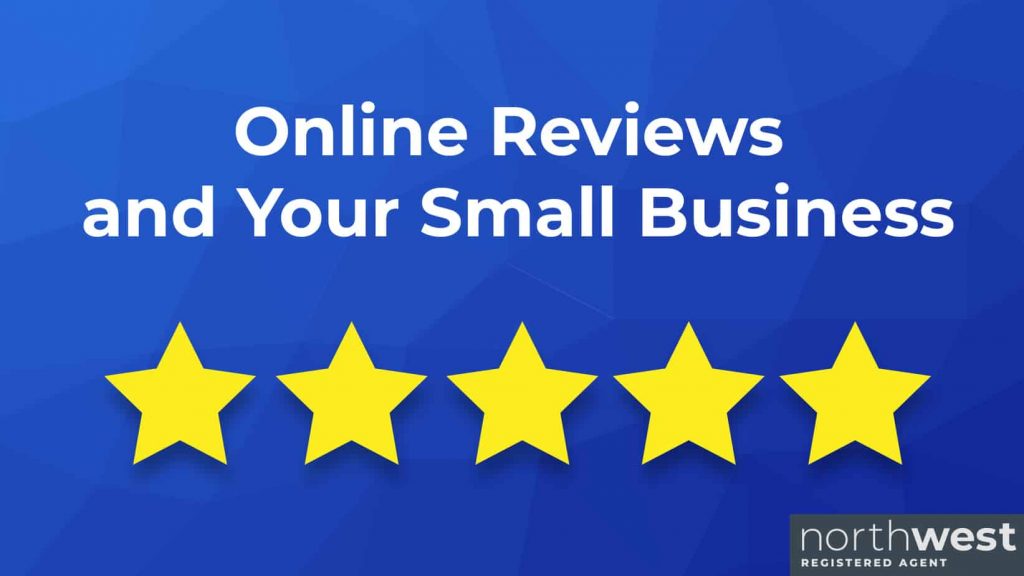Online Reviews and Your Small Business

We don’t need big data to tell us that online reviews are important for just about every small business. By this point, most of us read online business reviews, many of us regularly leave online reviews of our own, and online communication itself now blends so invisibly with offline communication that distinguishing between “online reviews” and “word-of-mouth” can seem like splitting hairs. Online or offline, in other words, your customers and potential customers talk, and, for better or worse, they typically trust what they read and hear (as do we all).
The question, then, is how to make this fundamental reality work to the advantage of your small business. Read on for a few general tips on how to approach and manage the strange world of online business reviews.
1. Claim and Maintain Your Online Presence
In an important sense, every business is now an “online business.” Even if your business has a brick-and-mortar location and doesn’t have a website or an official presence on social media, online directories will still pull your company’s information from public records, and your business will likely appear on websites like Yelp and Google reviews. This means your customers may be reviewing your business without your knowledge already, and the information that appears on review websites may not be completely accurate unless you actively claim your company’s listings.
What should you do? Start by claiming your business’s online identity. Google, for example, will allow you to claim your business’s listing (once they verify that you are, of course, who you say you are), and the same holds true for most other websites that feature reviews. By taking this step, moreover, your business comes out of the shadows and can take an active part in shaping your reputation online and in the street.
2. Mind the Triumvirate: Google, Yelp, & Facebook
There are numerous websites that feature online reviews in some form, but the review empire still lives under Google, Yelp, and Facebook. Google’s importance rests on its search dominance, of course, Yelp’s on its name recognition and usability, and Facebook’s on its enduring status as the world’s most trafficked social media website.
I won’t speak to the intrinsic value of one or the other of these platforms (though I hope for a more democratic playing field in the future), but, at least for now, it’s difficult to keep an eye on and manage your business’s online reputation without responding to Google reviews and Yelp reviews, and without starting and maintaining a Facebook page for your business.
If you’re looking to take the online review bull by the horns, in other words, it’s best to start by concentrating on the most trafficked, most influential review sites out there. Ultimately, though, it’s also important to establish a presence on less famous review websites that focus on your specific industry.
3. Be Respectful & Don’t Be Shy
Modern consumers don’t simply want to talk to each other about a business. We often want to talk with a business—to feel personally acknowledged. You should feel encouraged, therefore, to interact with customers who review your business, especially when the review speaks to the ways your company’s products or services satisfy (or fail to satisfy) your customer’s expectations.
It’s also important to recognize and give credence to negative reviews, and to approach those negative reviews with understanding and respect. Most of us are web-savvy enough, at this point, to distinguish legitimate customer complaints from trollish attention-seeking, and your customers know the difference too. Ignore the trolls, and focus instead on responding to negative reviews by ordinary people with reasonable expectations—expectations that your company, despite its best intentions, simply did not satisfy.
Some Final Thoughts
If you are a small business owner, managing online reviews will always be something of an uphill battle. Unless your company grows and grows, you probably won’t be able to hire a social media marketing specialist, invest in targeted social media campaigns, or take advantage of every opportunity to respond to your business’s online reviews. What you can do, however, is make a focused attempt to present your company with a human face.
This doesn’t mean every review merits an equal response, or a response at all, but it’s important to consistently demonstrate your company’s respectful interest in what your customers have to say. Think of the online review/response process, in other words, as one part of the creation of your business’s online personae, and let your satisfied customers do the rest.



